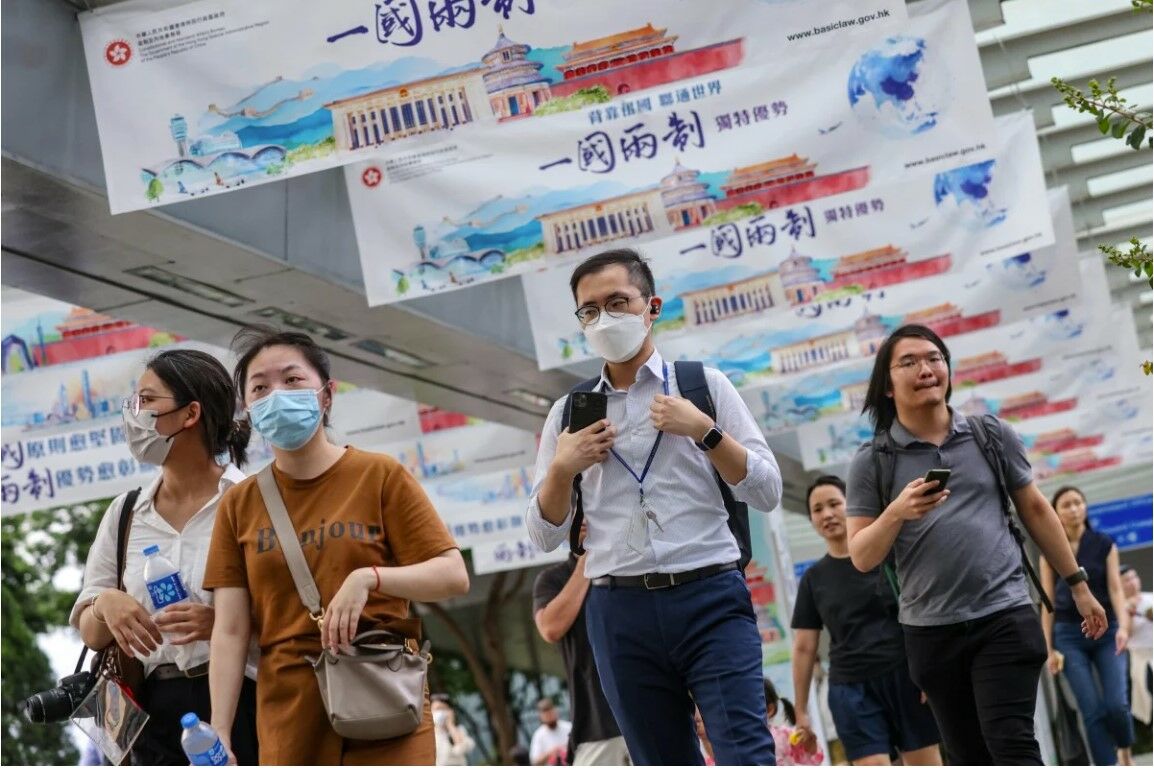Hong Kong civil servants face fury if they dare criticise government

Hong Kong‘s civil servants are set to face disciplinary action if they openly criticise government policies.
The proposed changes to the code of conduct have ignited a firestorm of controversy, with restrictions on comments both in their official capacity and as ordinary residents.
Under the unveiled amendments, civil servants must now uphold political neutrality as one of 12 core values, warned Secretary for the Civil Service, Ingrid Yeung.
“In their capacity as civil servants, they cannot criticise any government policies or support opposing views of other parties.”
This move comes on the heels of Chief Executive John Lee’s directive last year to tighten the government’s control on workers, following their involvement in organising protests during the social unrest in 2019.
A government source revealed to SCMP that civil servants could be in hot water for expressing anti-government sentiments on social media, attending protests, or even liking critical posts. The proposed changes double the number of core values civil servants must uphold, including allegiance to the constitutional order and national security, reported South China Morning Post.
Yeung clarified that the government is not trying to stifle opposing views but is urging civil servants to exercise discretion.
“We are not requiring that government workers do not express their views. What we are doing with the code is to urge civil servants to exercise discretion before taking any action.”
Political neutrality
The revised code also specifies that civil servants must never, directly or indirectly, organise or participate in any activity that hinders policy implementation. Political neutrality, according to Yeung, should be based on supporting the chief executive, emphasising that it should be apparent when one’s heart is not in it.
Critics argue that the proposed changes infringe on freedom of expression, with concerns over potential surveillance of private communication. However, Yeung reassured that they won’t require civil servants to submit their private communications for checking unless a breach is brought to their attention.
Despite the controversy, Yeung stressed that the changes were consulted with several civil servant groups, inviting colleagues to submit their views by January 19. The Hong Kong Federation of Civil Service Unions CEO, Leung Chau-ting, acknowledged the need for reminders on conduct, while Gene Fung, chairman of the Hong Kong Civil Servants General Union, welcomed the changes as a means to dispel notions of disloyalty.
Latest Thailand News
Follow The Thaiger on Google News:


























